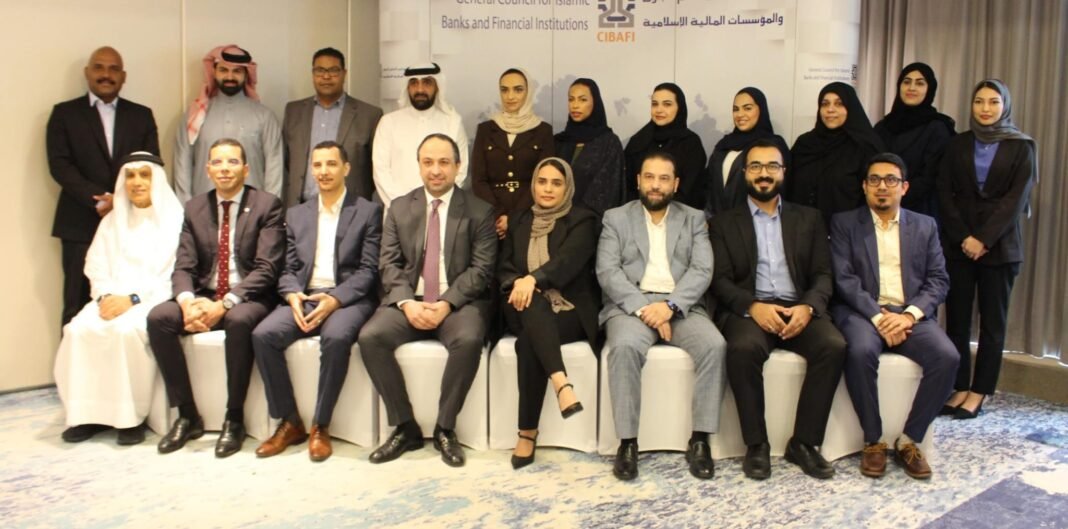Bahrain is stepping up its efforts to promote climate action in Islamic finance. Recently, the country launched a two-day technical workshop aimed at strengthening green practices within the Islamic financial sector. The event took place at the Wyndham Grand Hotel in Manama, where banking professionals and environmental experts gathered.
The General Council for Islamic Banks and Financial Institutions (CIBAFI) organized the workshop in collaboration with the Central Bank of Bahrain. This collaboration brought together industry leaders, environmental experts, and financial professionals, all committed to advancing sustainable practices. The workshop’s primary focus was to provide practical, hands-on training for measuring and accurately reporting greenhouse gas (GHG) emissions. This skill is crucial because it enables financial institutions to track their environmental impact, adopt more sustainable practices, and align with global climate goals. Moreover, the training emphasized how integrating these GHG measurements into the broader framework of Islamic finance can facilitate the sector’s contribution to environmental sustainability.
As participants gained these technical skills, they were empowered to implement better reporting systems and adopt green finance initiatives. This initiative represents a significant step toward ensuring that the Islamic financial sector not only supports ethical principles but also contributes positively to environmental sustainability.
Additionally, participants learned how financial institutions could reduce their environmental impact by adopting frameworks that combine Islamic principles with global climate goals. By implementing clear methods of GHG reporting, Islamic banks can now play a stronger role in fighting climate change.
The workshop encouraged cooperation between regulators and private sector leaders. Speakers stressed the importance of innovation, accountability, and early action. They also showcased case studies of institutions that have already successfully implemented sustainable practices.
The event demonstrated that climate action in Islamic finance is not only possible but urgent. Islamic banks are uniquely positioned to lead ethical finance rooted in environmental care. Bahrain’s leadership proves that sustainability and profitability can go hand in hand.
By building capacity and raising awareness, the workshop laid the foundation for long-term change. It equipped Islamic banks with the tools to align with ESG goals without compromising their faith-based values.
In conclusion, Bahrain is leading the shift toward greener banking. With increased education and commitment, climate action in Islamic finance can become a standard across the entire sector.





